Finding A-Team members
What is your strategy for hiring the best of the best into your team?
Ideas are worth very little without people to execute them. And we all know a company is only as good as its team, which is why the hiring process is so critical as you start up your venture. And anyone who has made a bad hire along the way (as most of us have) knows that hiring the wrong person can cost you far more than time and money.
The product is the team is the company
When you bring someone on board, you’re adding to the basic fabric of your company. If you are a start-up, say five people, and one person leaves, you’ve just lost 20% of the entire value of your company. The cost of knowledge loss when someone leaves is huge.
(1) And if you’re four people, hiring the wrong fifth person could be equally disastrous for your company.
Back-ending us into this discussion of hiring, let’s start with a few key questions.
When people leave your company, do you understand why they have left?
When you lose great people, you not only lose everything that they know, (their literal knowledge), you lose who they know, their network, their connections to their customers: a piece of the fabric of your company goes with them. Losing your best people not only damages your productivity, but this also disrupts the team, and reduces company morale. It also helps your competitors. Do you have a learning loop built in where you can learn from those who have left?
Do you have a strategy for keeping team members?
Having to match a competitor's offer in order to retain your top performers is not an employee retention strategy — this only incentivizes potential employees to seek outside job offers and ask you to match them. How do you know your retention strategy is working? How are you building an irresistible organization? (Counting the number of folks who leave is a bit too late to be a useful metric. Knowing how many are being referred by existing employees is useful.) (2)
What is your hiring strategy?
Do you go with the traditional HR strategy, posting on job boards, perhaps doing searches for key skills you need, then filtering out the bad apples, then holding a series of interviews? Or perhaps your strategy like Zappos where you offer early incentives for people to quit early. (Zappos wants to learn if there’s a bad fit between what makes the organization tick and what makes individual employees tick–and it’s willing to pay to learn sooner rather than later.)
We’re going to continue with this dialogue of hiring
Employees are operating more like free agents than in the past. Business leaders need to learn how to build an organization that engages employees as sensitive, passionate, creative contributors. This is a visible shift needed from trying to the hiring schemas towards focusing on building an irresistible organization. (3)We’d love to hear from you. How are you hiring, keeping team members, and learning from team members who have left?
References
1. http://dzonesoftware.com/resources/preventing-knowledge-loss/ - section “What’s the real cost of knowledge loss?”
2. Average length of employment of all initial hires after one year (retention) — Referrals are #1 at 46% retention after one year (compared to 33% from career sites and 22% from job boards). Source: Jobvite index 2012
The average length of employment of all initial hires after two years (retention) — employee referrals are #1 at 45% retention after one year (compared to 20% from job boards after two years and 14% after three years). Source: CareerXroads 2011 – 20123.
More than 70 percent of Millennials expect their employers to focus on societal or mission-driven problems; 70 percent want to be creative at work; and more than two-thirds believe it is management’s job to provide them with accelerated development opportunities in order for them to stay.
Source: Deloitte, The Millennial Survey 2014: Big demands and high expectations, http://www2.deloitte.com/global/en/pages/about-deloitte/articles/2014-millennial-survey-positive-impact.html

